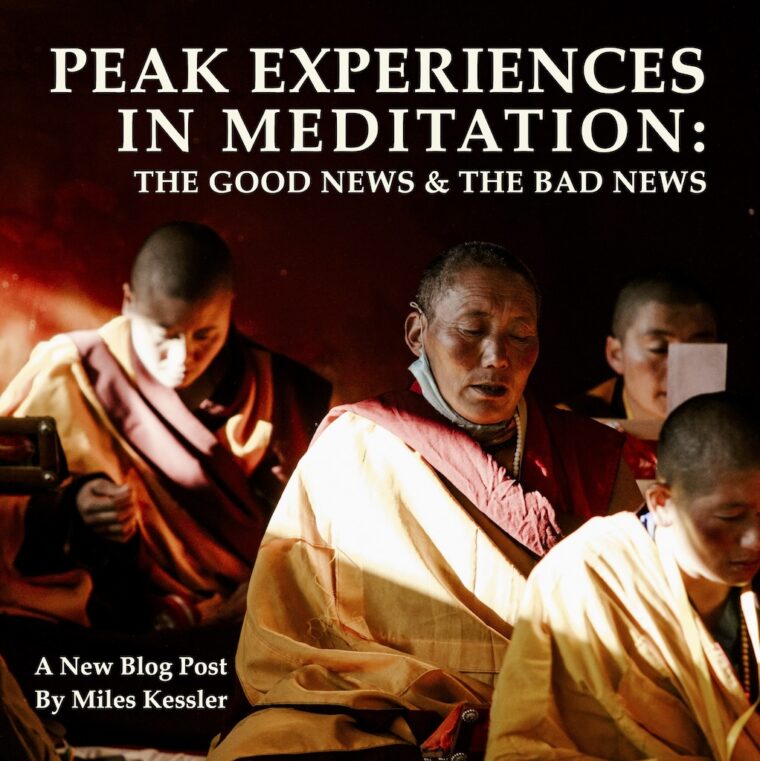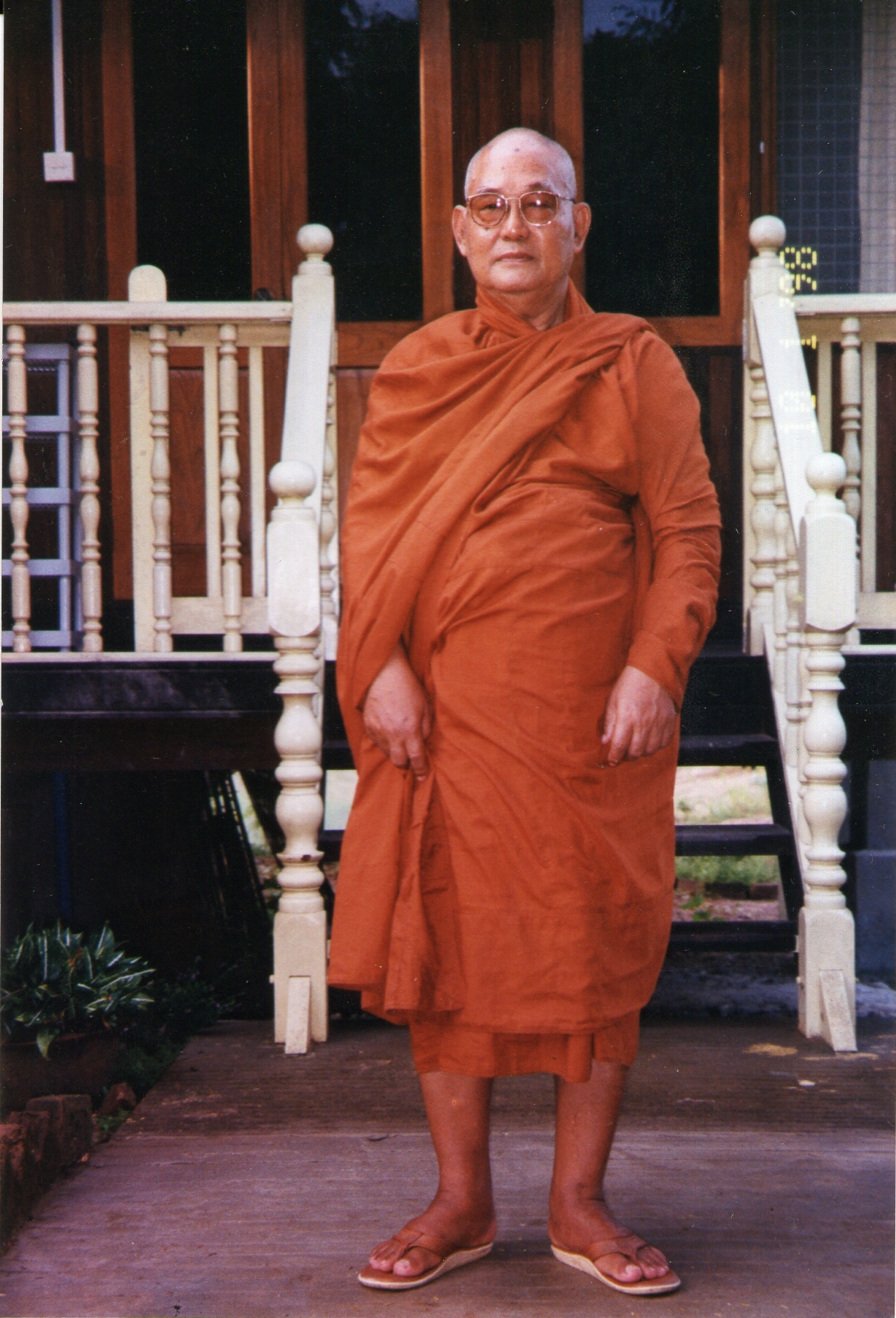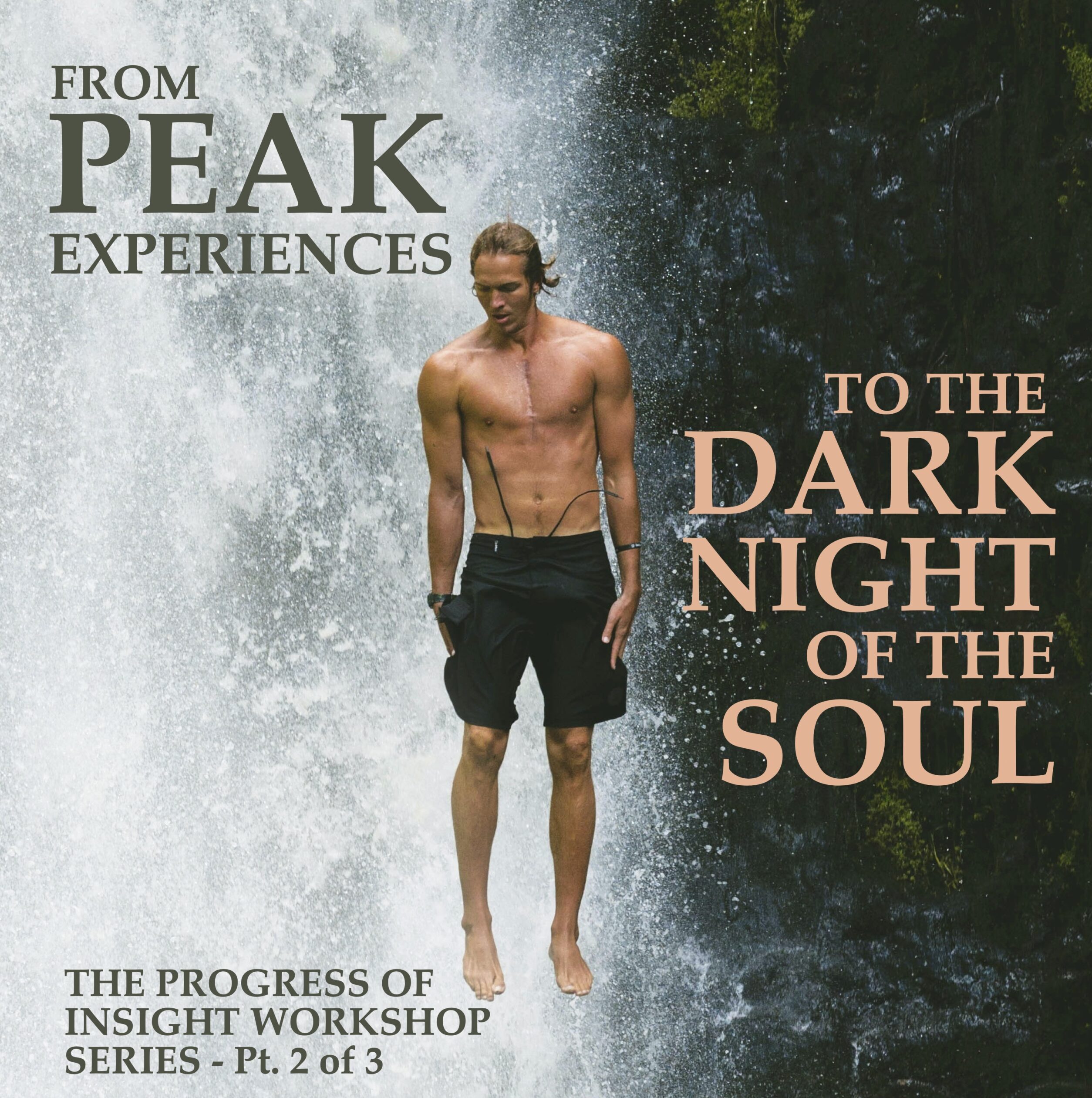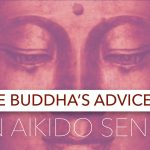What exactly are “peak experiences” in mindfulness meditation? In the course of your meditation path, you will gain extraordinary experiences that typically arise after a lot of hard work in the practice. For some, these peak experiences are relatively mild, but for most, they are quite strong and can even be mind-blowing. But as extraordinary and developmentally important as these experiences are, there’s good news and there’s bad news when it comes to peak experiences in meditation.

In the practice of Vipassana, or mindfulness meditation, “peak experiences” arise specifically at the beginning of the intermediate stages of the meditation practice, and not before. It takes a certain amount of skill and a lot of patience to find your way into the peak experience territory.
Building The Critical Mass
To be fair, the majority of meditators have not yet entered peak experience territory. Their practice is still developing through the first 3 insight stages, which can be like a washing machine of challenging experiences that cycle around and around.
These early stages include experiences of physical stiffness, and regular aches and pains. Accompanying this will be rounds of challenging mental states. Because of the destabilizing effect the ups and downs have in the early stages, it takes some time to generate the critical mass for entering peak experience territory.
Developing the hard-earned skill to work through these challenges makes it all the more rewarding once the practice breaks through into the peak experience territory. This is the 4th stage of insight knowledge called “udayabbaya-nana”, the insight knowledge of the fast araising and passing away of experience (there are a total of 16 stages of insight knowledge).
First The Good News On Peak Experiences
The good news about peak experience territory is the unmistakable feeling of “This is it! Now I’m meditating!”. The mental distractions that previously dominated are now gone and everything about the practice is working. The mind is exquisitely stable, in the moment, and able to observe experiences coming and going in rapid succession.
You feel that finally, after a lot of effort and challenges now you are really “in the zone”. All of the previous physical and mental challenges are relatively non-existent. Not only are the challenges gone, but in their place are mental states that begin to show you the true power of meditative states.
Your mind is sharp and clear, your mindfulness is pervasive and quick, and you can grasp the most subtle of experiences. Concentration at this stage is one-pointed and stable, which brings with it a calm effortlessness. Your body is suddenly relaxed, still, light, and comfortable as if floating on a cloud. You can sit for longer periods in total balance in body and mind.
In fact, the practice is going so well, that many meditators gain tremendous confidence and can’t imagine how things could get any better. In some cases, the meditator even feels that they’ve reached the ultimate state of awakening… which brings us to the bad news.
The Bad News: The 10 Imperfections Of Insight
As wonderful as peak experiences are, in one very simple way they can be problematic. If you are not careful and decerning, the peak experiences of the 4th stage of insight knowledge can lead to attachment.
The seminal Buddhist text on meditation is the Visuddhimagga, or “Path Of Purification”. This 1,500-year-old “meditation bible” outlines 10 peak experiences that can arise during this crucial stage of meditation. These experiences might be mistaken for genuine enlightenment if not properly understood and navigated. The first 9 of these 10 peak experiences are very positive and are considered wholesome mental states.
What makes them problematic is that they are all tented with the 10th imperfection, which is none other than attachment. Here is a simplified list of ten peak experiences considered “imperfections of insight” in the context of Vipassana meditation:
- Illuminations: Experiencing unusual brightness or flashing lights, which can be mistaken for spiritual awakening.
- Knowledge: Gaining profound insights or understanding suddenly, which might lead to a sense of pride or accomplishment.
- Joy And Rapture: Feeling intense joy and uplifting rapture, which can become a distraction or attachment.
- Tranquility: Experiencing deep peace or serenity, which might lead one to become complacent or attached to this state.
- Happiness: Feeling profound happiness or contentment, which can also become an attachment.
- Confidence: Developing a strong sense of confidence or faith in the practice, which might turn into arrogance or overconfidence.
- Effort: Feeling a surge of energy or enthusiasm for the practice, which can lead to burnout if not balanced.
- Mindfulness: Experiencing heightened mindfulness or awareness, which might be mistaken as the final goal.
- Equanimity: Reaching a state of equanimity or impartiality towards all phenomena, which, if misunderstood, could lead to indifference.
- Attachment: Becoming attached to peak experiences, being convinced that one has arrived at the destination, and mistaking these for ultimate liberation.
The Immature And Mature Phases Of Peak Experiences
It’s important to understand that these 10 “imperfections” or “corruptions of insight” (vipassanūpakkilesa), are part of the natural progression in deepening one’s meditation practice. They are to be expected as one moves into the 4th stage of insight knowledge. But for the progress of insight to continue, the attachment to peak experiences must be pruified.
The Immature Phase Of The 4th Stage Of Insight Knowledge: As peak experiences initially arise they can be quite strong and are extremely pleasant. Having these peak experiences can be very exciting and the attachment to them is too subtle to see early on. But because of the attachment to these peak experiences, one keeps returning to them over and over again. You can even be convinced this is the true path. Such attachment will effectively fixate your practice. This is the immature stage of the 4th insight knowledge.
The Mature Phase Of The 4th Stage Of Insight Knowledge: To work through this phase, you must remember that no matter how extraordinary, these are just more experiences to let go of. You must keep in mind that the same practice that brought you into peak experiences will lead you through and beyond the peak experiences. Namely, the practice of mindfulness. Especially being mindful of the attachment to these experiences.
The Purification Of What Is Path And What Is Not Path
Once the attachment is worked through and purified, the peak experiences will become more subtle and refined. You will realize that the intensity of peak experiences in the immature stage was imbalanced. As the intensity subsides the way forward is far more sweet. Passing from the immature stage to the mature stage of the 4th insight knowledge, you will have overcome the last great pitfall on the path of practice.
Even though this is still in the intermediate stages of the path, the importance of passing through this crucial junction in the practice cannot be understated. By doing so you gain what is called “The Purification Of What Is Path And What Is Not Path”.
The Path Forward To Nibanna Is Now Clear
Having successfully navigated peak experiences, from this point forward, the path to Nibbana is clear. You have only to keep on practicing and the path is assured for you.
As my own teacher, Sayadaw U Pandita told me when I was going through peak experiences in my practice, “These experiences are not your final destination. Be continuously mindful so as not to become attached to them. As good as these experiences are, it only gets better!”

It’s crucial for practitioners deeply involved in personal development through Vipassana meditation, to have guidance from experienced teachers. This ensures that these experiences are correctly understood and integrated into one’s practice without becoming obstacles to genuine insight and awakening.
Incorporating discussions with experienced teachers and fellow practitioners around these peak experiences in your practice will provide invaluable guidance on your path. It will help you to navigate your meditation path of practice with a more informed and balanced approach and ultimately, it will support you on your journey toward personal awakening.
FROM PEAK EXPERIENCES TO DARK NIGHTS OF THE SOUL
An Online Workshop w/ Miles Kessler
Sunday, March 31st, 2024
CLICK BELOW TO JOIN!







Please note: I reserve the right to delete comments that are offensive or off-topic.